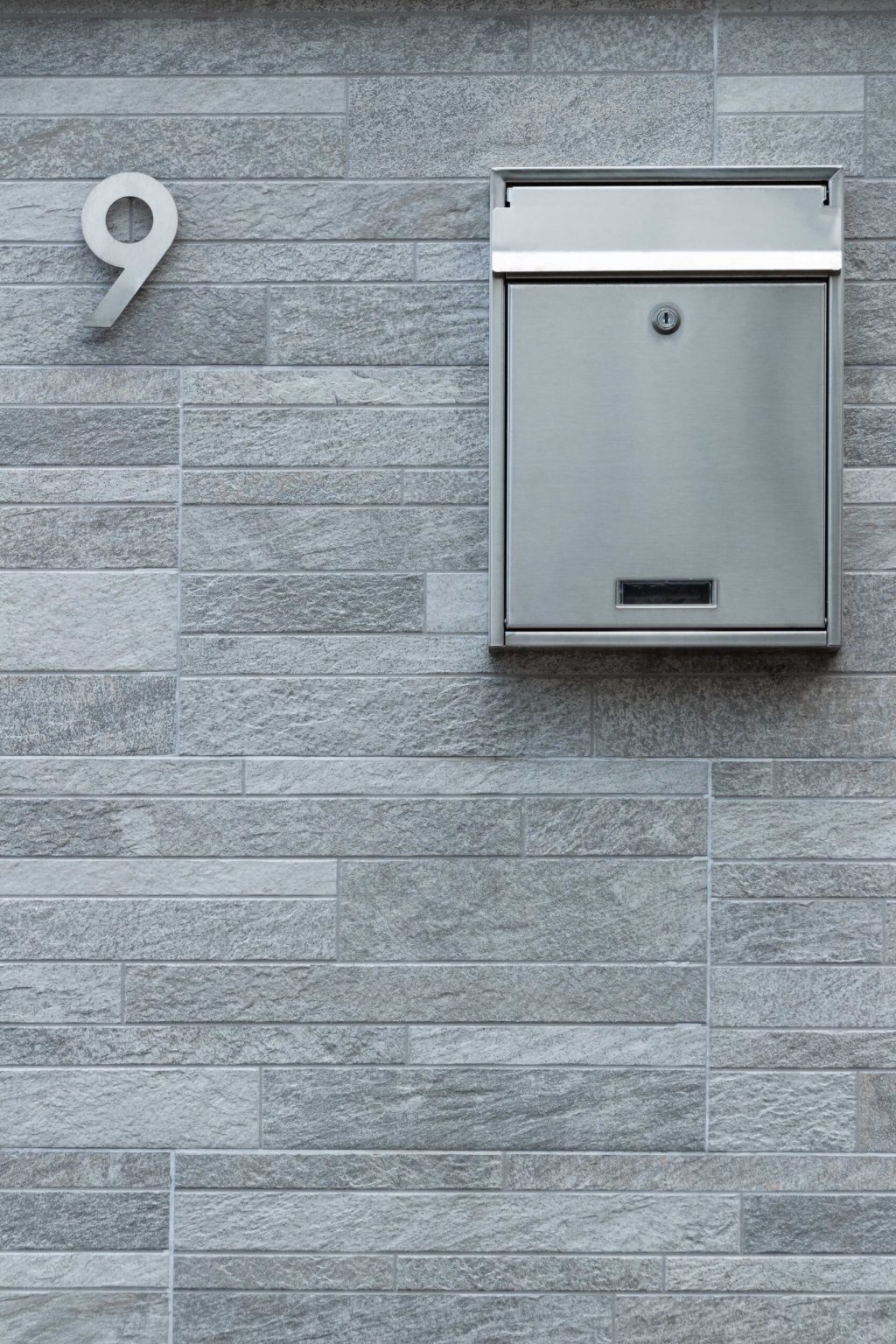Every year, many people receive a blue envelope containing a ‘provisional assessment’ in their mail. It often states quite a substantial amount of payable tax, which can be pretty difficult to trace back. How does the Dutch Tax and Customs Administration calculate this amount? And why do you even get such a provisional assessment?
Deposit
A provisional assessment is nothing more than a deposit on your income tax. It allows the Dutch Tax and Customs Administration to collect part of the income tax in advance. If you’re working as an employee, your employer already pays part of the income tax through the wage tax. The Tax and Customs Administration will therefore make an estimate of your situation, based on your income tax return from two years ago, as these are the most recent financial data they have of you. If your situation has changed in those two year, it’s important that your provisional assessment is adjusted.
Calculation
So, the provisional assessment needs to be paid in advance. This amount is set off against the final calculation that’s part of the income tax return. If the payable amount of the provisional assessment proves to have been too high, you’ll get the remainder back. If it turns out that you’ve initially paid too little, you’ll have to pay extra.

Request provisional assessment
You can always request or change your provisional assessment during the course of the year. And you can even use it to your advantage. When you file your income tax after 1 May, you’ll pay tax interest. This can add up, especially if you’ve made substantial profit and thus have a high income. And that, of course, is a waste of money. If you expect that you won’t be able to submit your tax return before May 1st, you can pay part of your income tax in advance through the provisional assessment. Depending on the amount remaining after the final calculation, you will either pay less or no tax interest.
If you have assets that fall in box 3 of the income taxation, the Tax and Customs Administration will assess your assets on January 1st of that year. You pay tax over your assets if the total exceeds 57.000 Euros on that date. In that case, the Tax and Customs Administration will also look at the balance of your private bank account, but not your business account. By requesting a provisional assessment at the end of the year, you can pay a considerable amount of income tax in advance. This payment is made from your private bank account, resulting in lower asset values on January 1st, and thus: less tax.
Receiving tax refund
It’s also possible that your provisional assessment shows that you’ll get a tax refund. If you’re a home-owner who’s also working as an employee (so you already pay income tax through wage tax), there’s a good chance you’ll get a tax refund. This is mainly due to your mortgage interest. If you wish to receive this refund during the course of the year instead of after your income tax return has been submitted, you can also request a provisional assessment.


